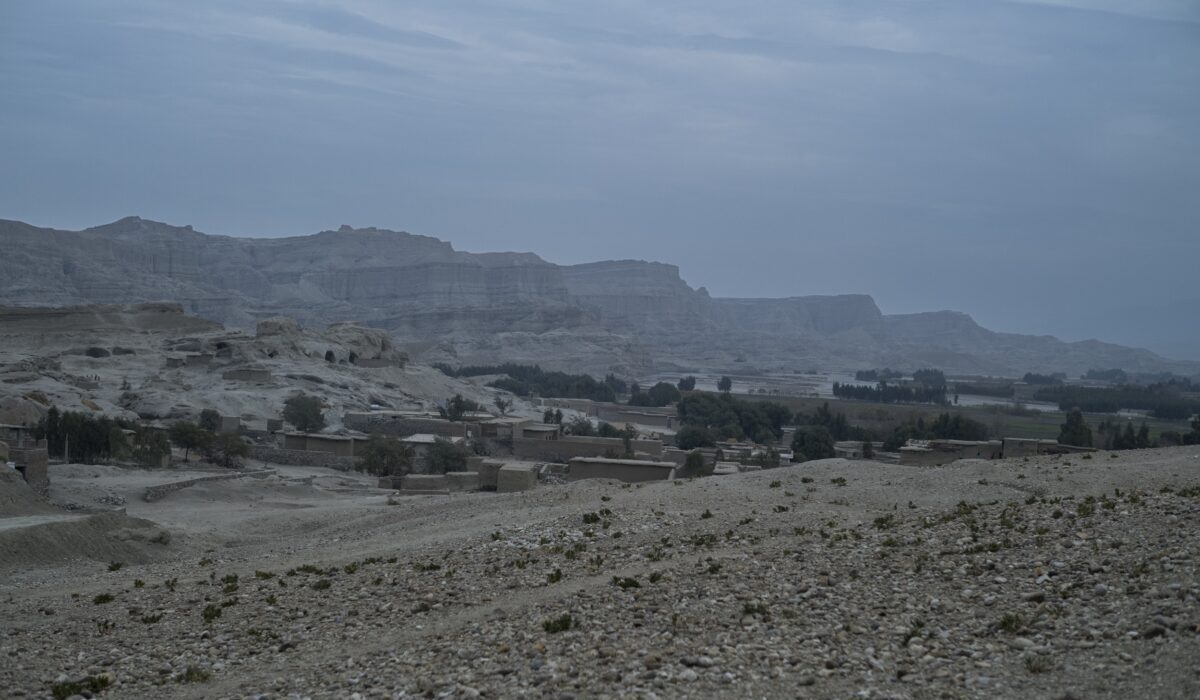The United Nations Office for the Coordination of Humanitarian Affairs (OCHA) reports that water scarcity, a visible effect of climate change in Afghanistan, is impacting sanitation and rain-fed agriculture. Currently, 21 million people across the country require access to clean water, with 30 of the 34 provinces experiencing extremely poor water quality.
“Twenty-one million people in Afghanistan need clean water and sanitation, significantly up from 2.4 million a decade ago. The country, facing increasing natural disasters, ranks as the fourth most at-risk and the eighth most vulnerable to climate change,” OCHA stated.
The agency highlighted that desertification affects over 75% of the land in northern, western, and southern regions. “Rain-fed agriculture, critical for 60% of the population, is under threat due to changing precipitation patterns,” OCHA added.
While humanitarian aid is vital, it falls short of addressing the root causes of climate change, leaving Afghanistan prone to further climate-related shocks. “The resilient Afghan population urgently needs support to cope with diminishing productive capacity and to enhance adaptive and livelihood capabilities,” the organization emphasized.
OCHA called for the international community to acknowledge the disproportionate impact of climate change on countries like Afghanistan. “Swift and meaningful action is essential. Failure to respond urgently puts the most vulnerable at increased risk, continuing a cycle of suffering. COP 28 presents a chance for global solidarity with Afghanistan and to work towards a sustainable, equitable future,” the agency concluded.





